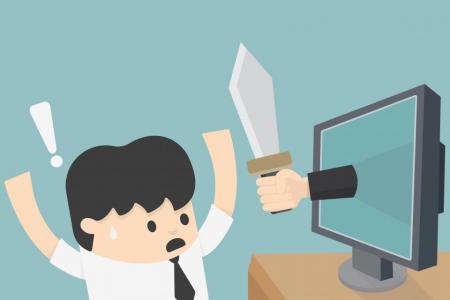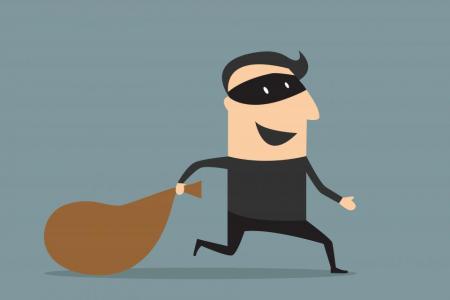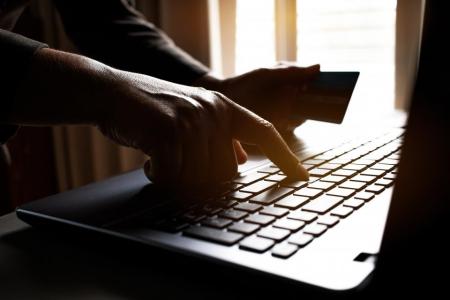Bank Customer Fraud Alert: Check Washing
While it may seem like the safest ways to pay your bills, check writing has been subject to an increase in fraudulent activity over the past several years. In October 2023, the United States Postal Service wrote that “postal inspectors recover more than $1 billion in counterfeit personal checks and money orders every year” due to fraudulent activity known as check washing.
Check washing is a process in which thieves use chemicals to remove some written information on the check and then rewrite it as they please. Fraudsters may obtain the personal checks from unattended public or private mailboxes and then either cash the re-written checks or sell them on the blackmarket. Thieves have also recently begun digitally manipulating stolen checks to alter the amount and destination of the deposit, as well as creating duplicate counterfeits electronically.
No matter the method used, there are precautions customers can take to fight against check washing fraud. The only way to ensure your personal check makes it into the Post Office’s hands is to bring it to them directly. Rather than mailing from home, stop by your local post office to drop off any checks sent via mail. You can also use a gel pen when filling out your check rather than a ballpoint. Gel ink is absorbed by the check paper and is much harder to remove than traditional ink. Of course, you can always pay your bills online too. Today, most utilities or companies allow online bill pay, which can eliminate the need for physical checks altogether.
While check washing fraud can happen to anyone, the older population is most likely to use a check and therefore most susceptible. It’s important to talk with your older relatives and keep them informed about this fraudulent activity, as many victims of fraud are embarrassed or confused and don’t report what has happened to them.
Bob Polniak, Chief Risk Officer at North Country Savings Bank, wants customers to stay vigilant. “We understand some customers will still feel more comfortable paying bills by check. If that’s the case, it’s best to walk into a post office and drop it in the lobby mail slot or hand it to a postal worker. And never leave a check in your mailbox for the postal worker to pick up.”
This sort of fraud can also occur years after the check was written, so it’s important to keep track of your finances. If you’ve paid a bill by check and the company says it never received the check, you should contact your bank and have them review your checking account. If you or a loved one believes you have fallen victim to this sort of fraud, don’t hesitate to report the suspicious activity. North Country Savings Bank Checking Account customers can call our relationship specialists at (315) 386-4533.








